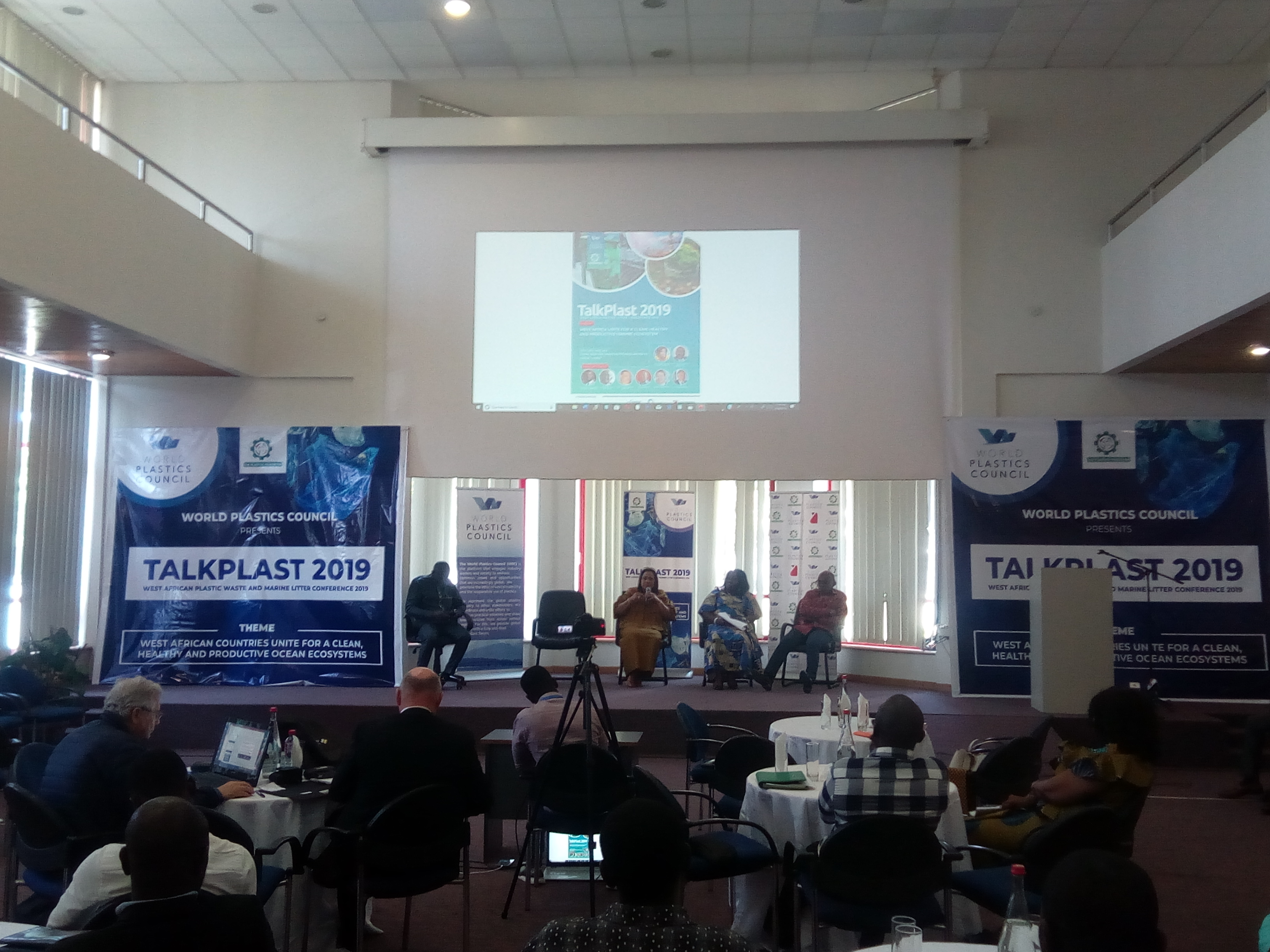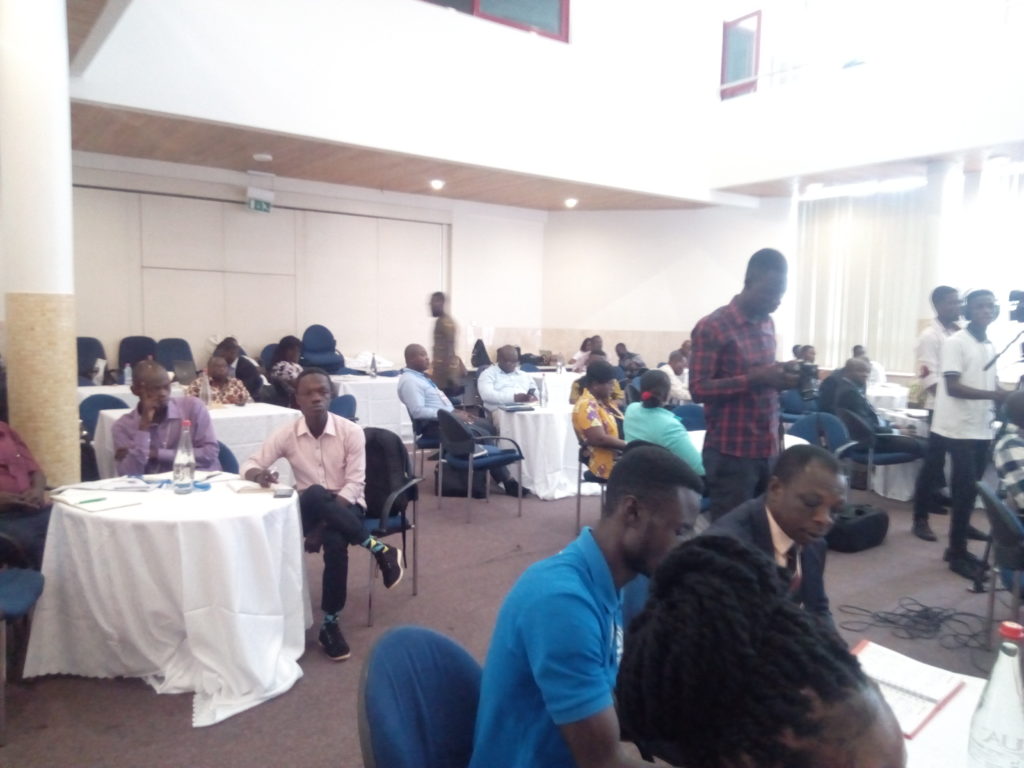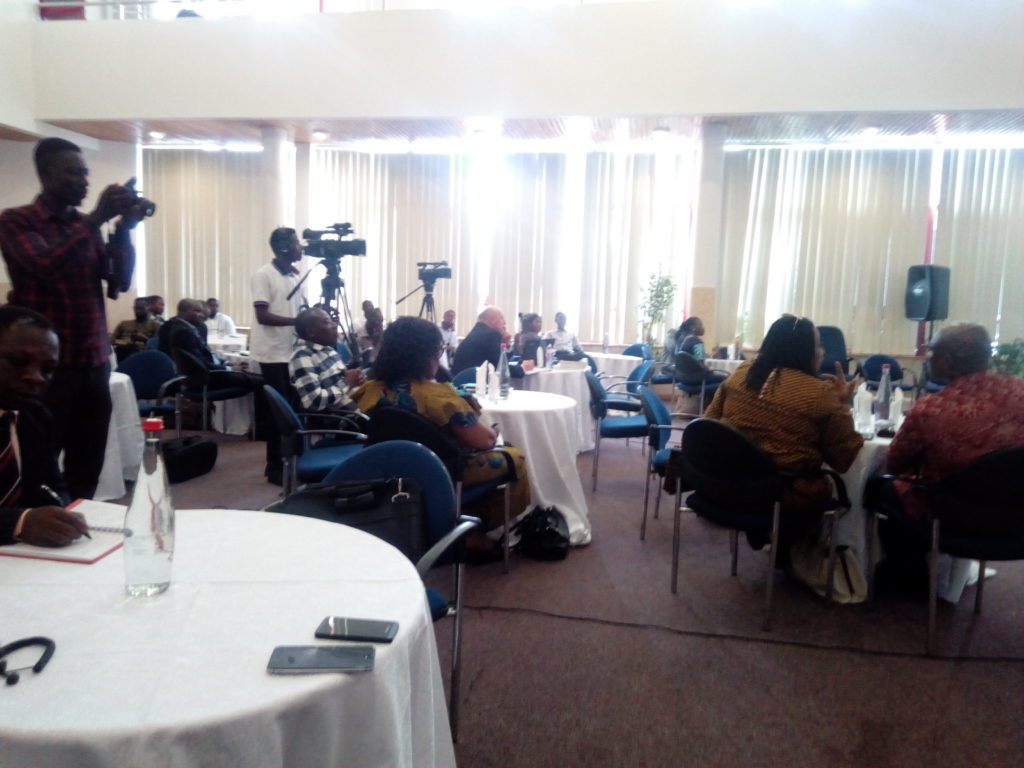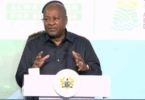All over the world, plastics are important product with diverse applications, in the food and beverages industry, texitles, construction, electronic and electrical equipment, medicine and pharmacy as well as agriculture.
However, there are numerous environmental concerns associated with the use of plastics that pose multidimensional problems with impact that knows no borders.
Therefore, government is putting a policy together to tackle these multi-dimensional plastic problems facing the country.
The policy dubbed “National Plastic Management Policy” which is at its draft stage will be practical, realistic and implementable.
This was disclosed by the Chief Director of the Ministry of Environment, Science, Technology and Information (MESTI) at the West African Plastic Waste and Marine Litter Conference 2019.
The maiden conference, TALKPLAST 2019 organised by the Federation of Plastic Manufacturers Recyclers and Users GHANA (FEMRUG) with support from the World Plastic Council under the theme ” West African Countries Unite For a Clean,Healthy and Productive Ocean Ecosystems” is to bring together stakeholders from the subregion to discuss plastic waste challenges and deliberate on possible solutions to this challenge.
Delivering her statement at the conference, the Chief Director revealed that, the policy seeks to promote circular economy principles of reducing, reusing, recycling and recovering to promote green jobs and clean up the environment and a possible phase out of hazardous plastics.
The draft policy which is currently with Cabinet for consideration will serve as a blue print for managing plastics in the country.
Furthermore, she indicated that, at the local level, “Our Constitution Article 26(9) commits the state to…. take Appropriate measure needed to protect and safeguard the national environment for posterity, and shall seek co-operation with other states and bodies for purposes of protecting the wider international environment for mankind”.
Adding Article 41(k) which also commits every citizen “to protect and safeguard the environment”.
Outline some on-going initiatives by government, she noted that, currently plastics are being regulated by a number of policies such as the National Sanitation Policy, the Trade and Industry Policy, the Climate Change Policy and the Environment Policy.
Furthermore, she revealed that, there is a pilot Waste Segregation Program introduced by Environmental Protection Agency (EPA) within the Ministries enclave in Accra aimed at piloting and promoting effective waste segregation practices in Ghana as a way to transition into a circular and green economy.
On his part, the Deputy Minister for Sanitation, Hon. Michael Yaw Djato revealed that the National Sanitation Policy will soon be reviewed since its inception ten years ago.
Source: Ishmael Barfi










